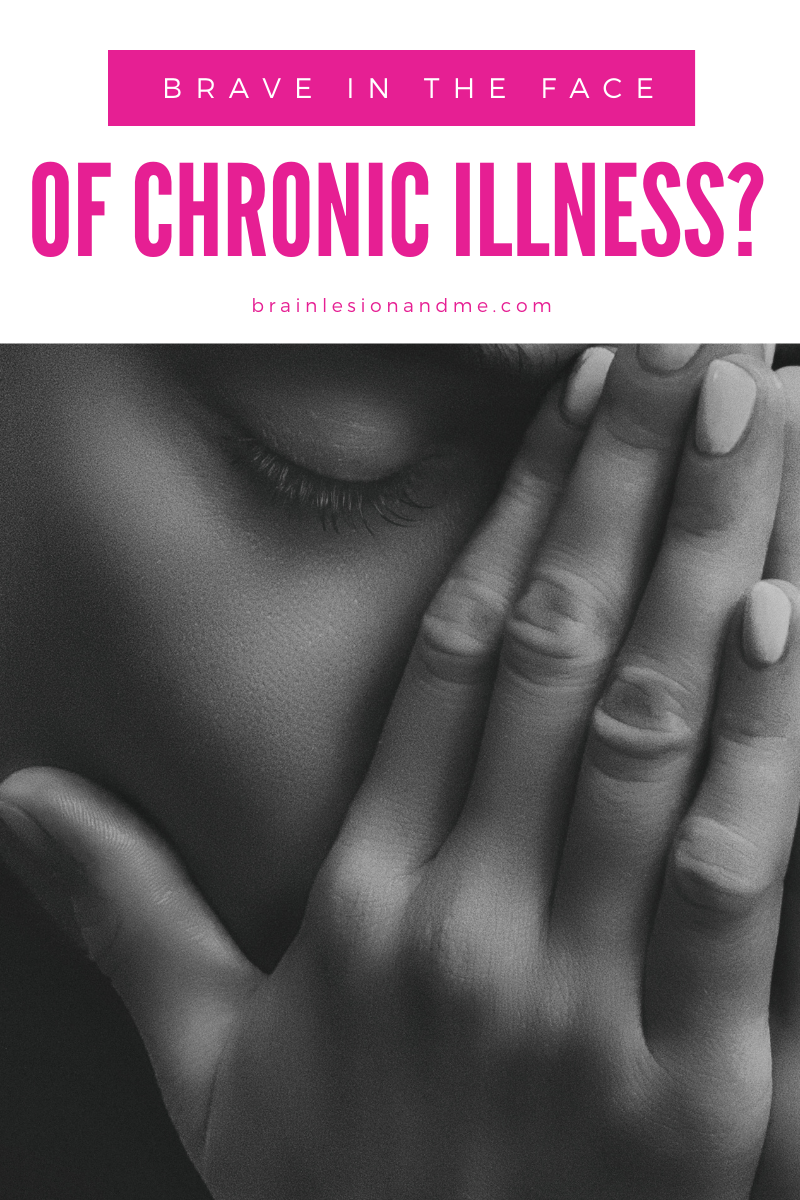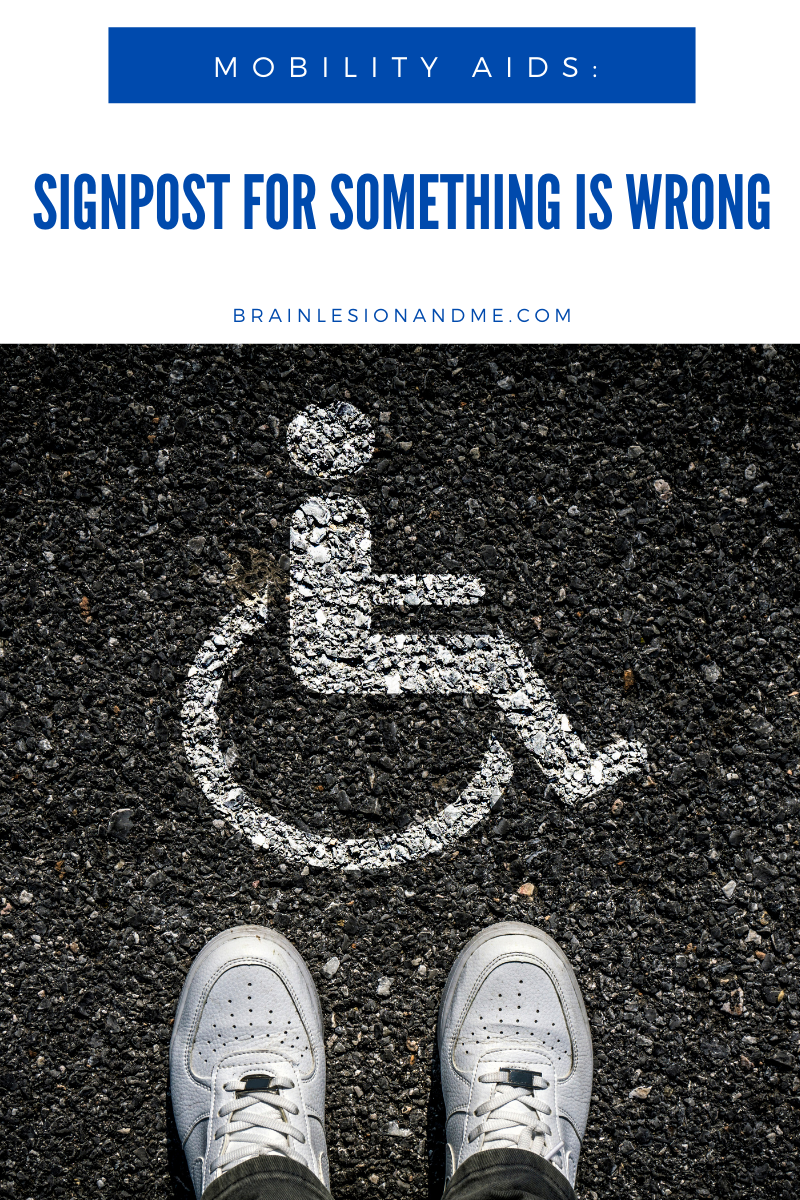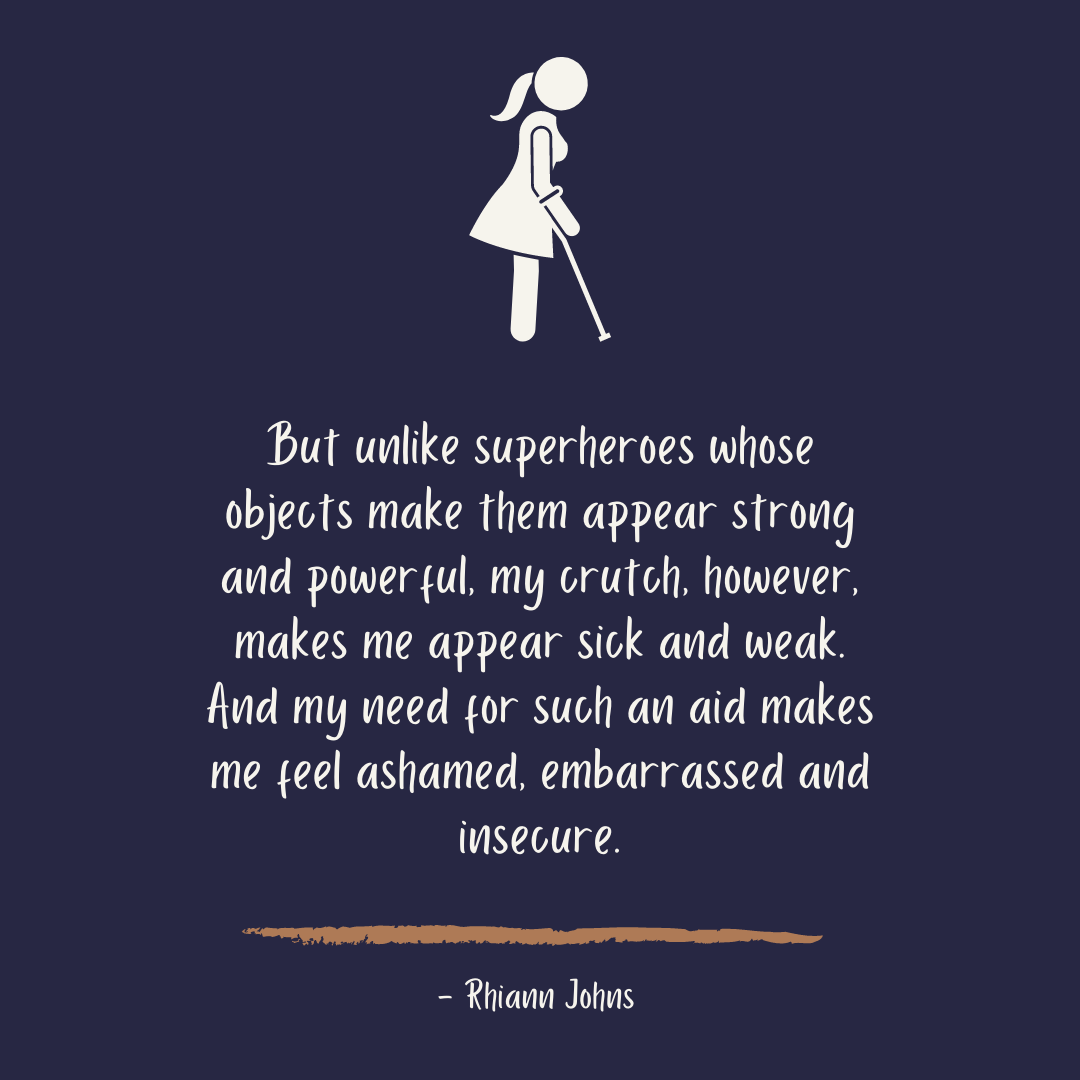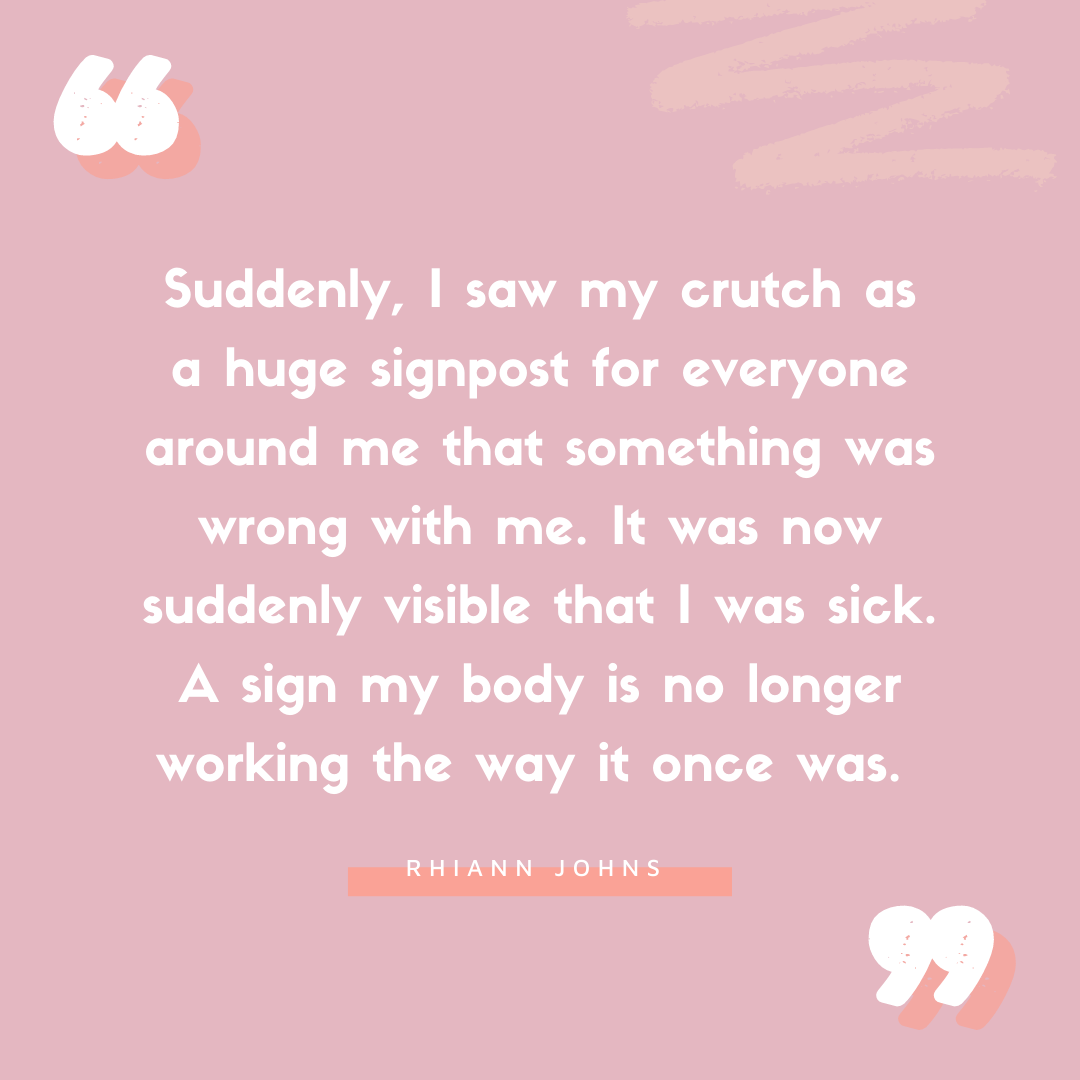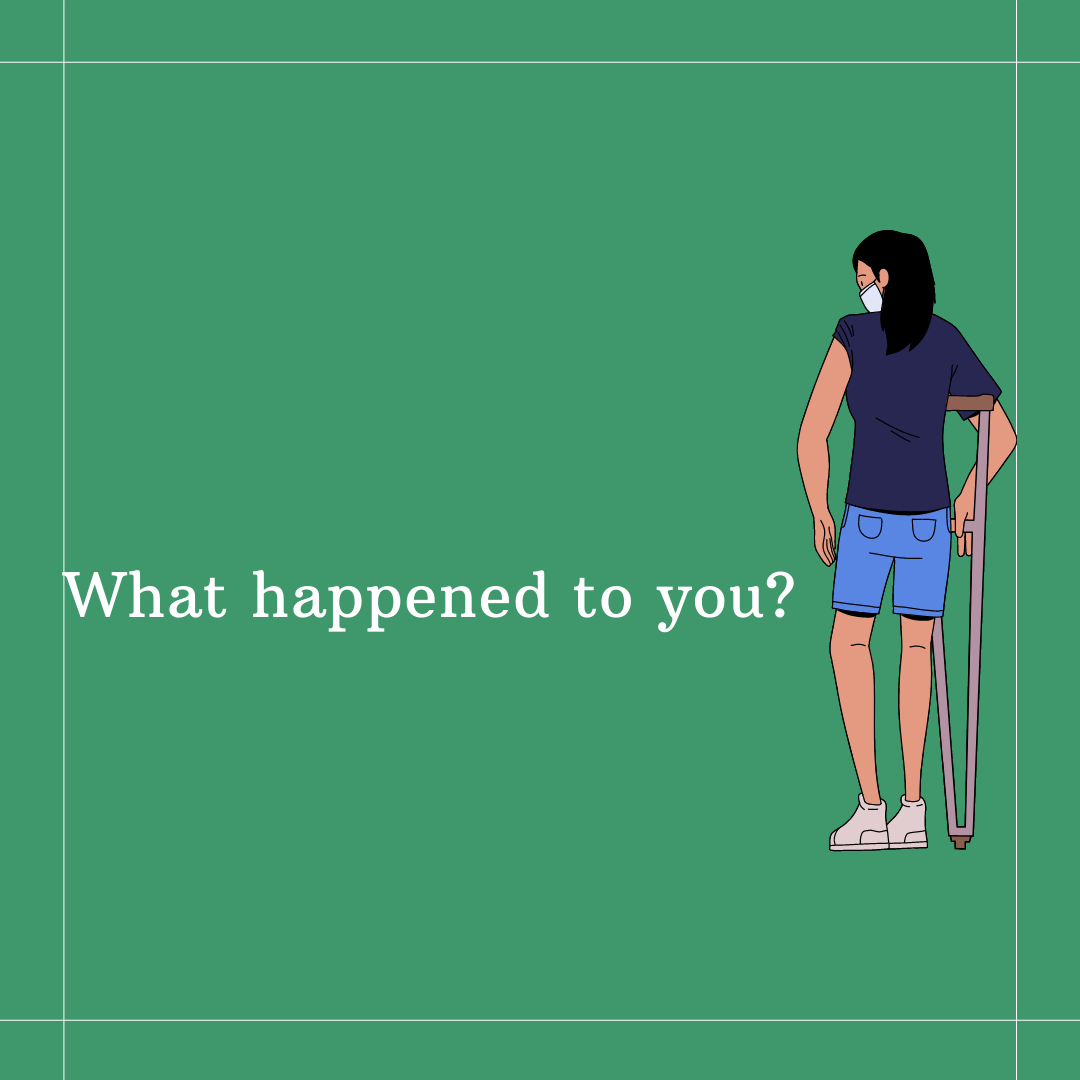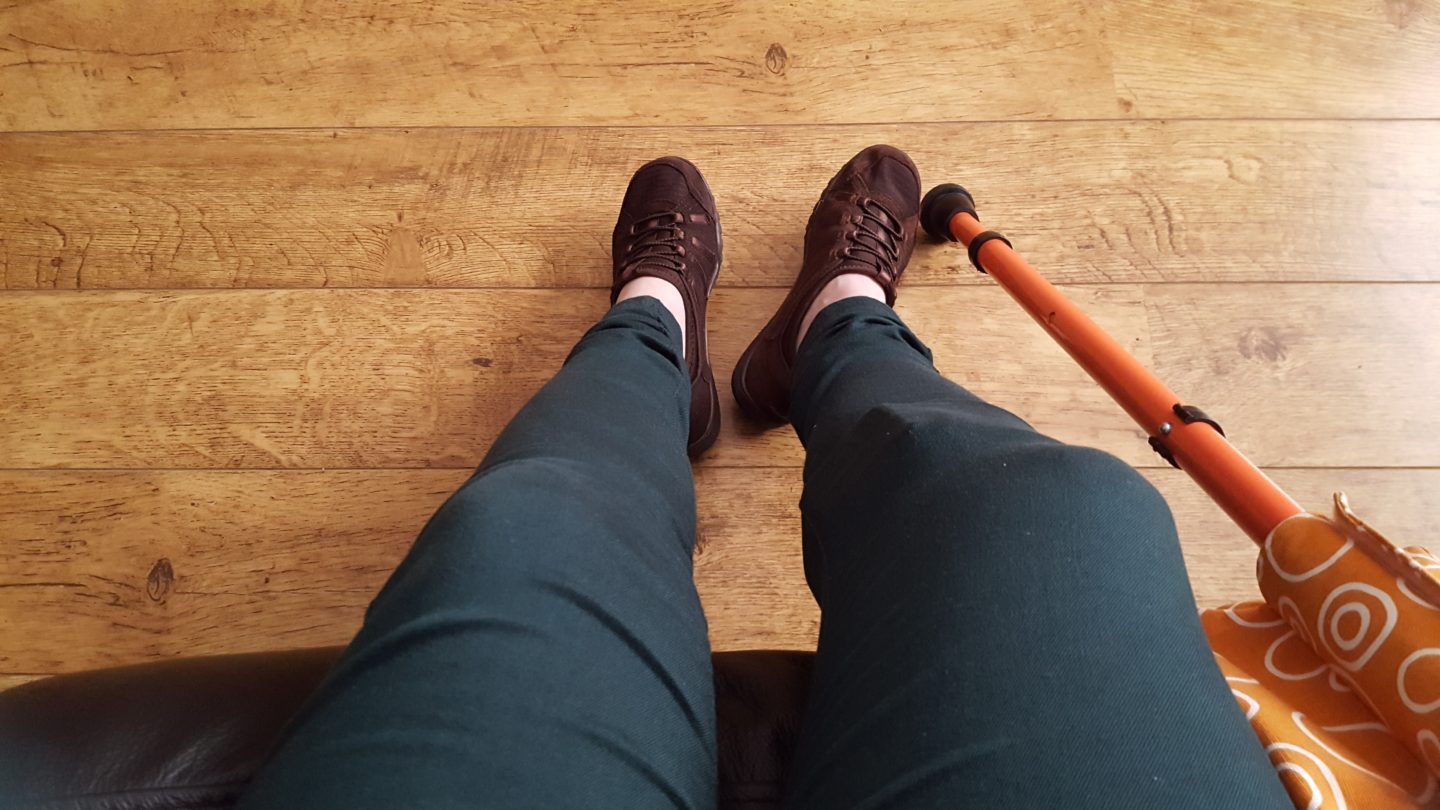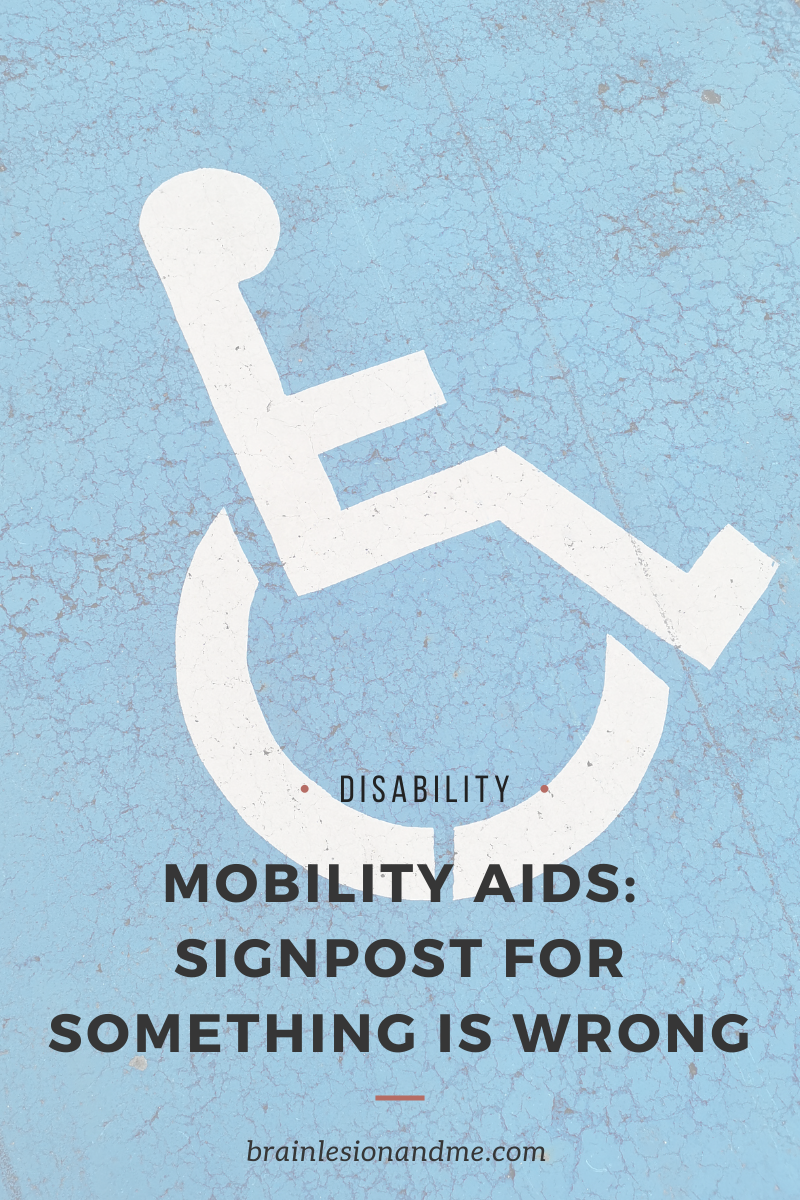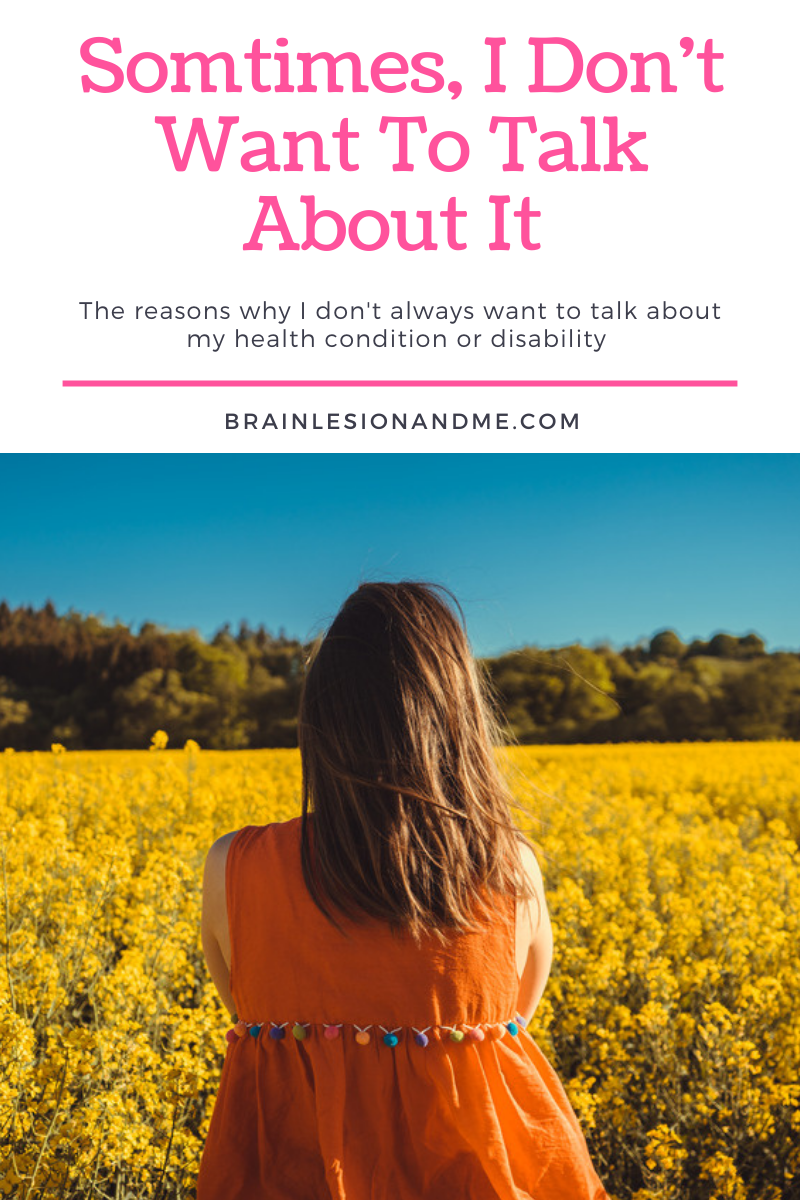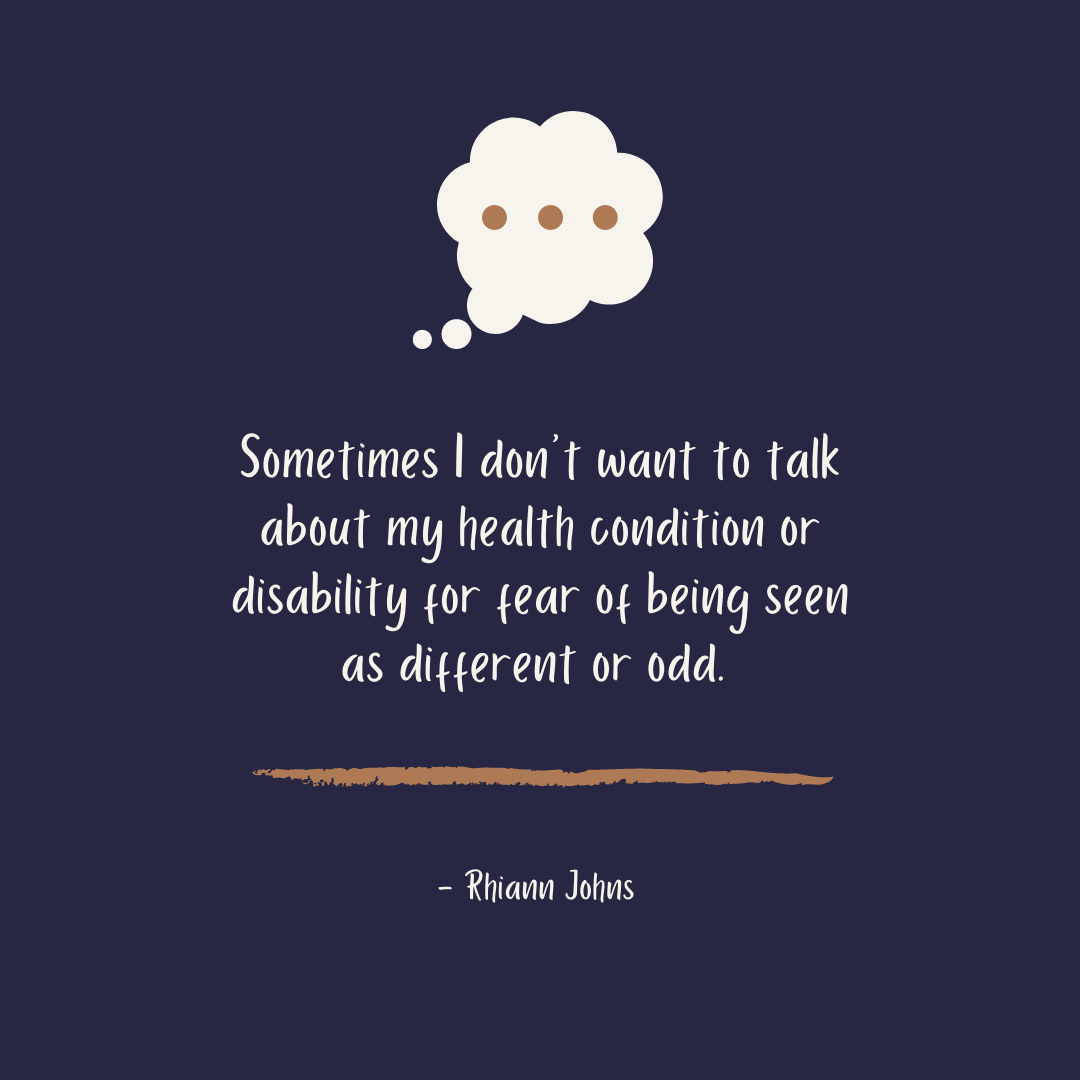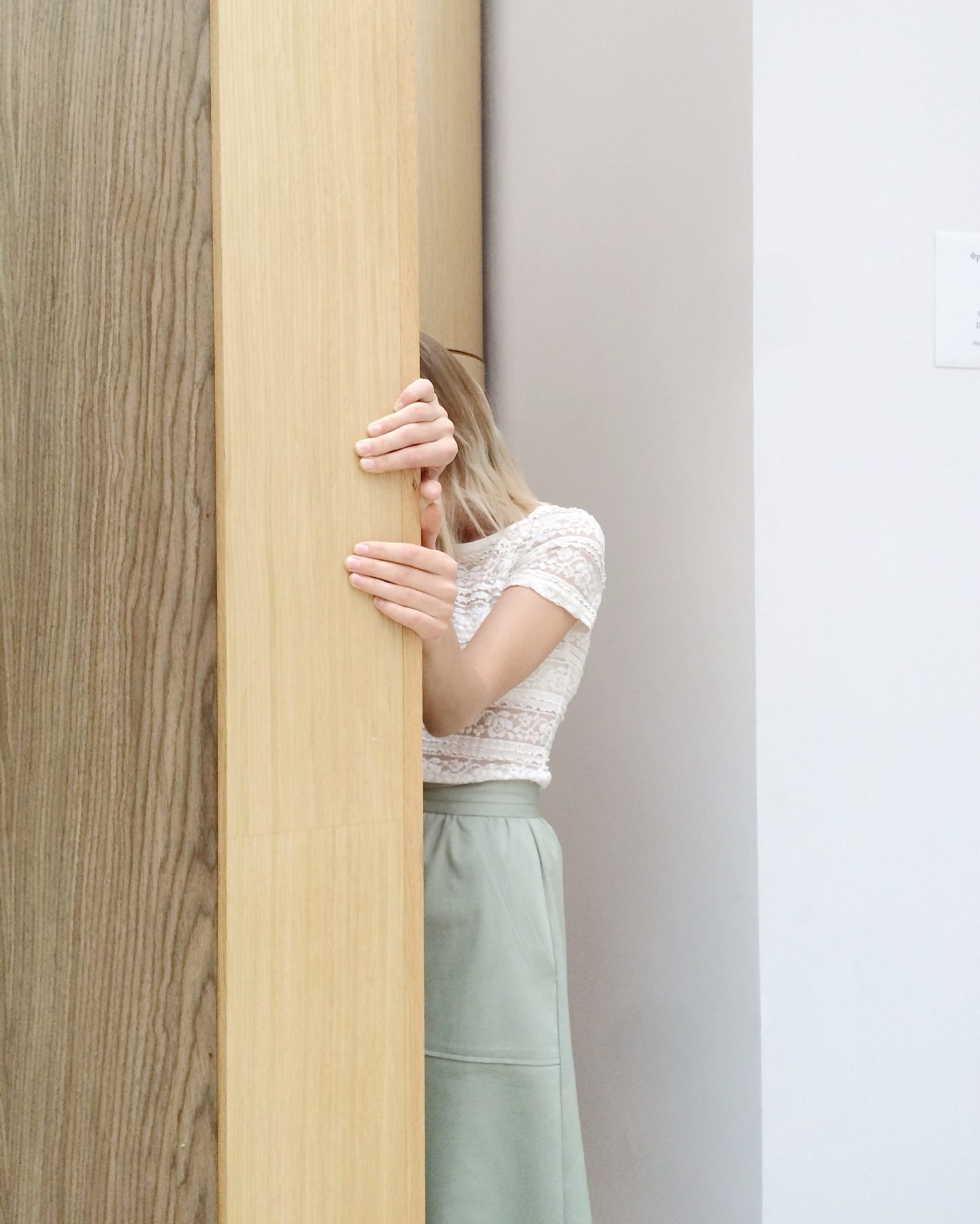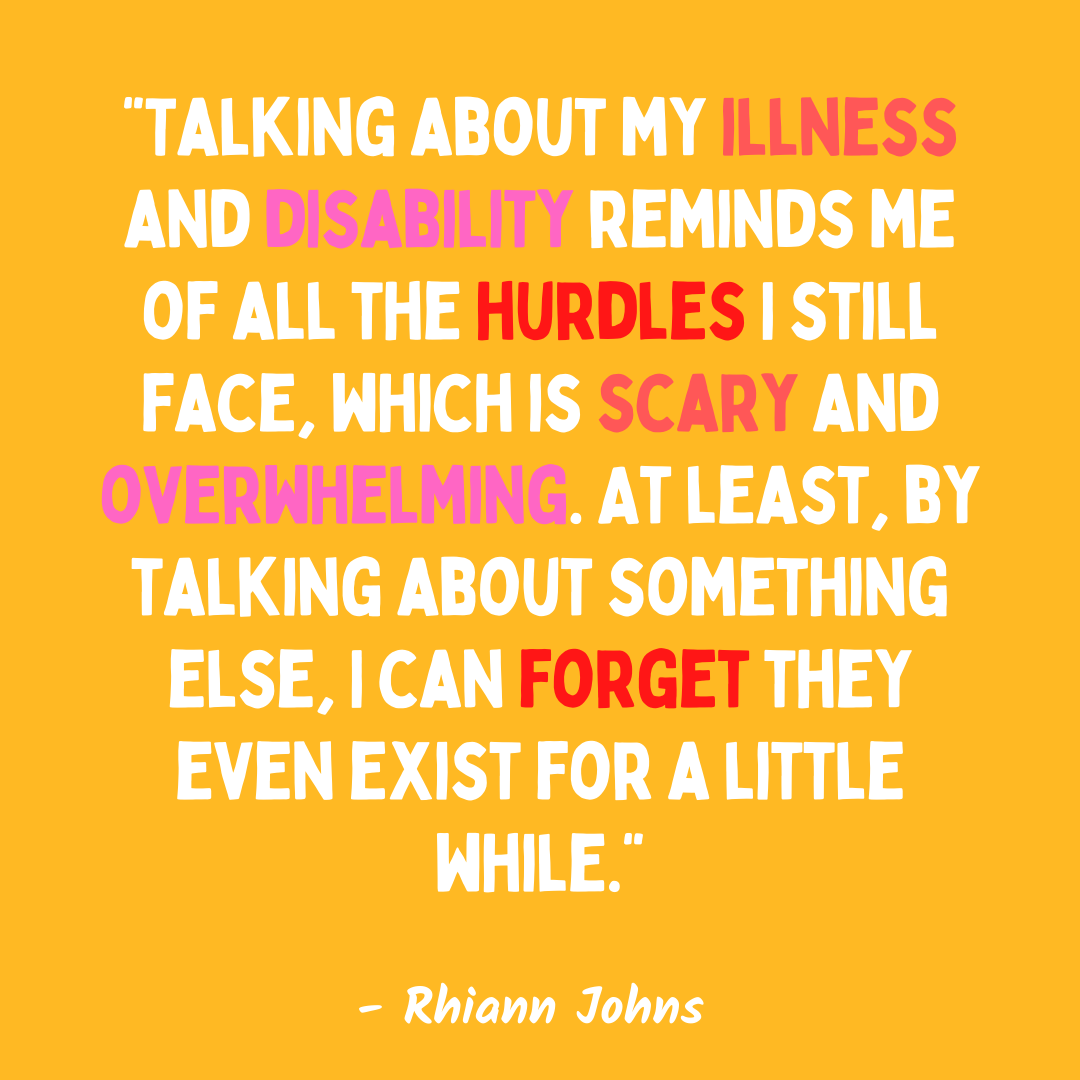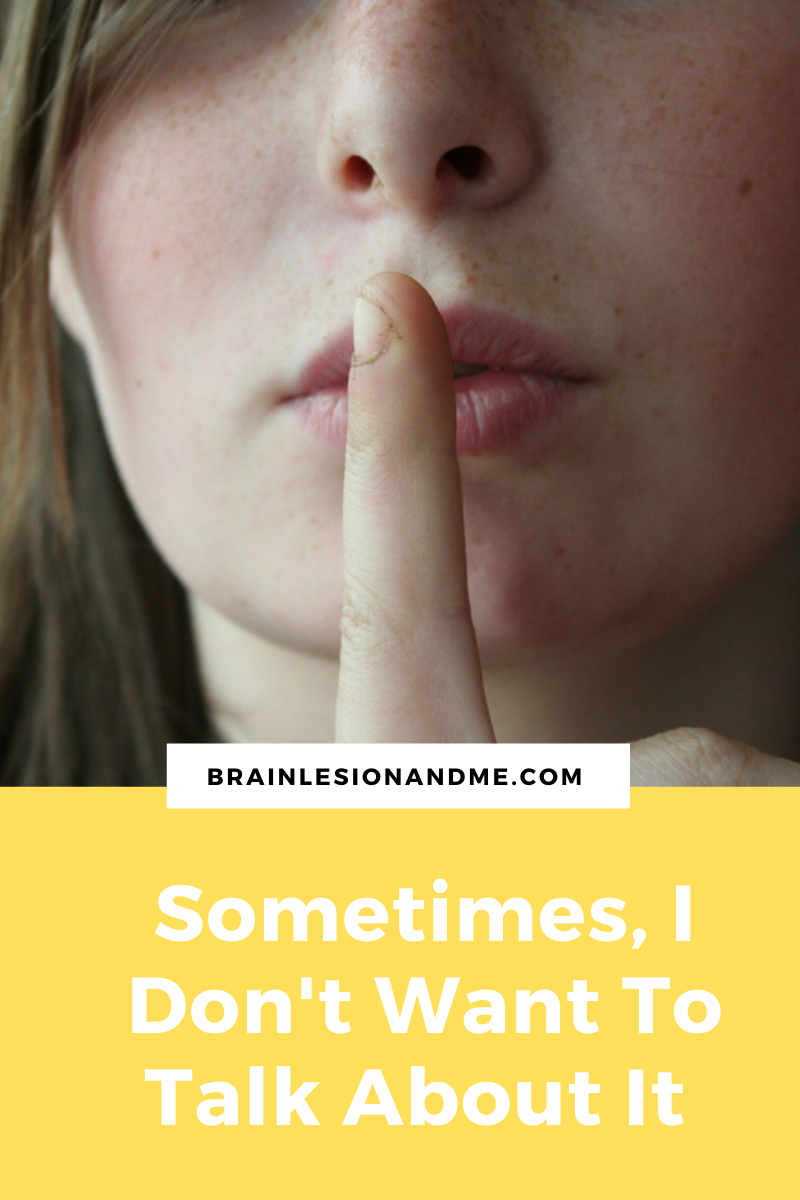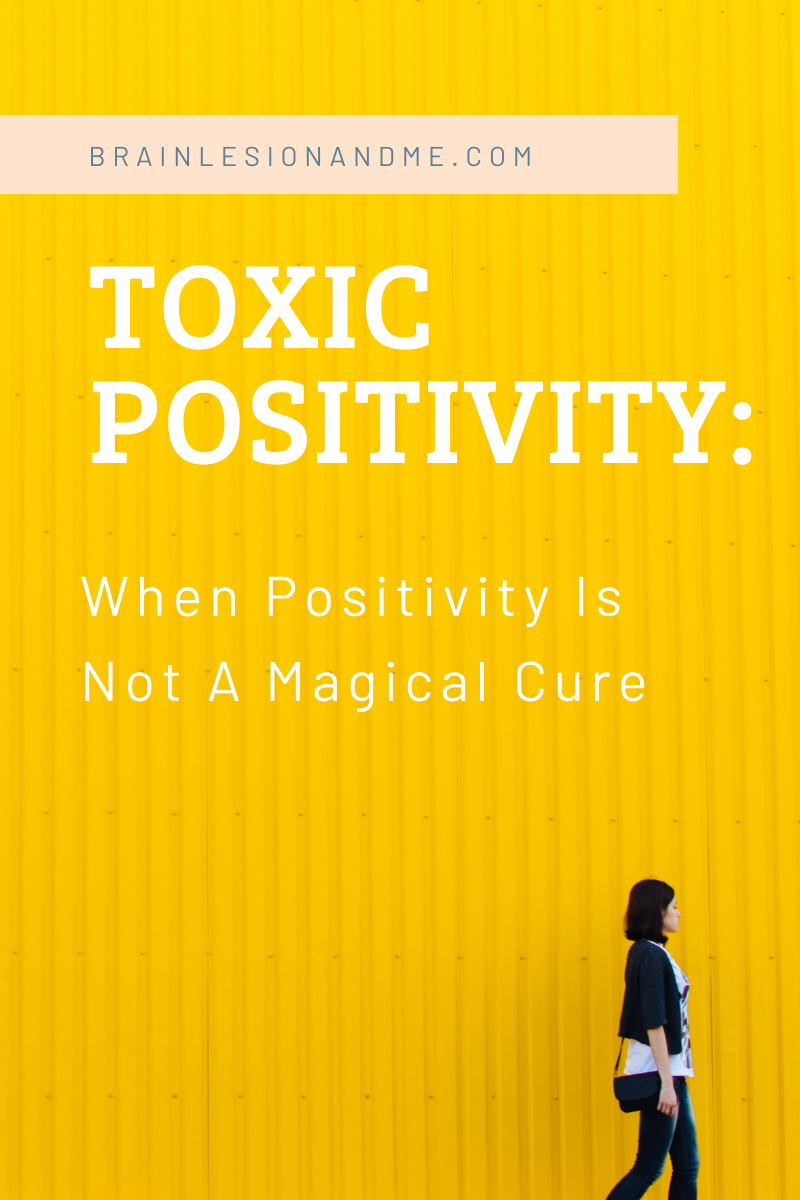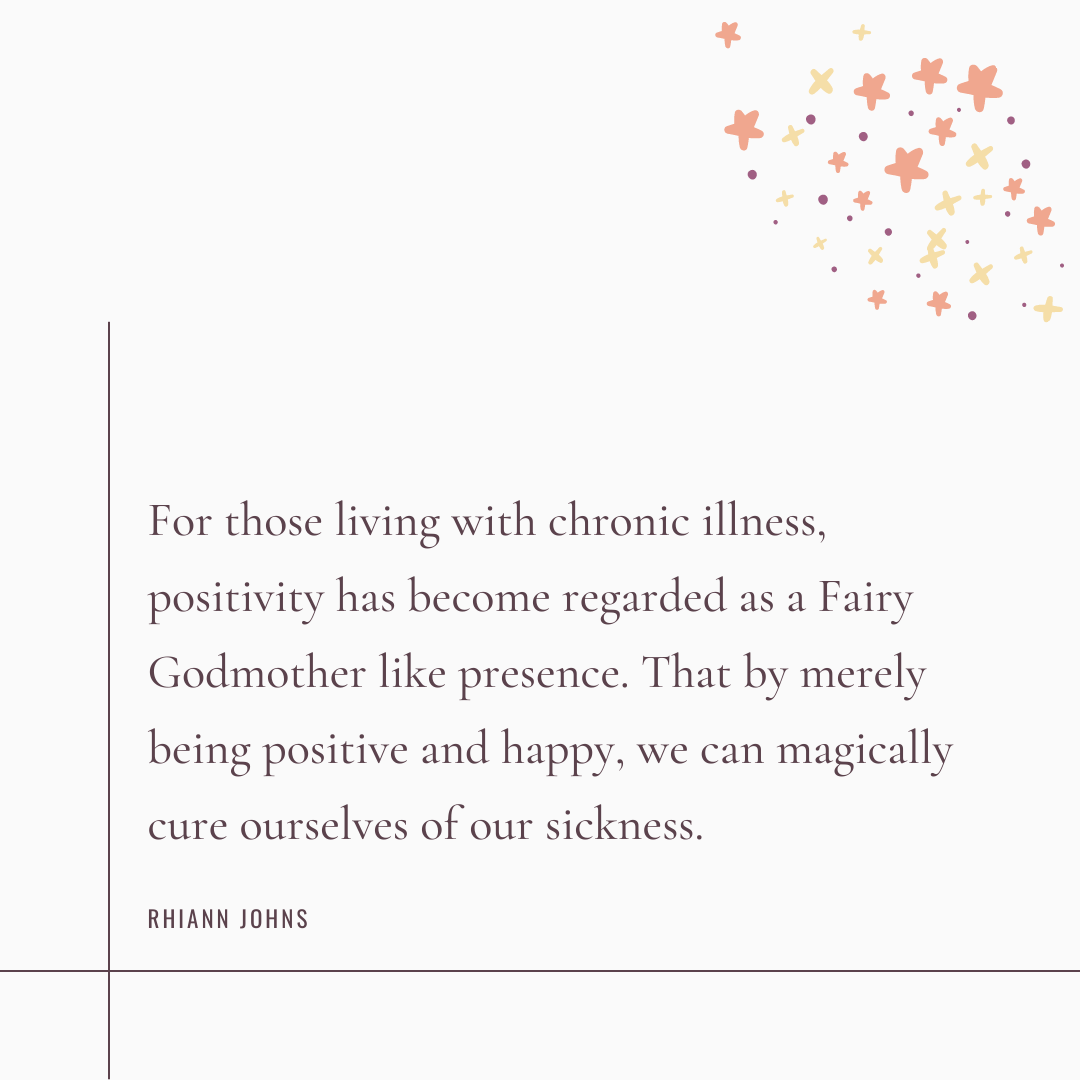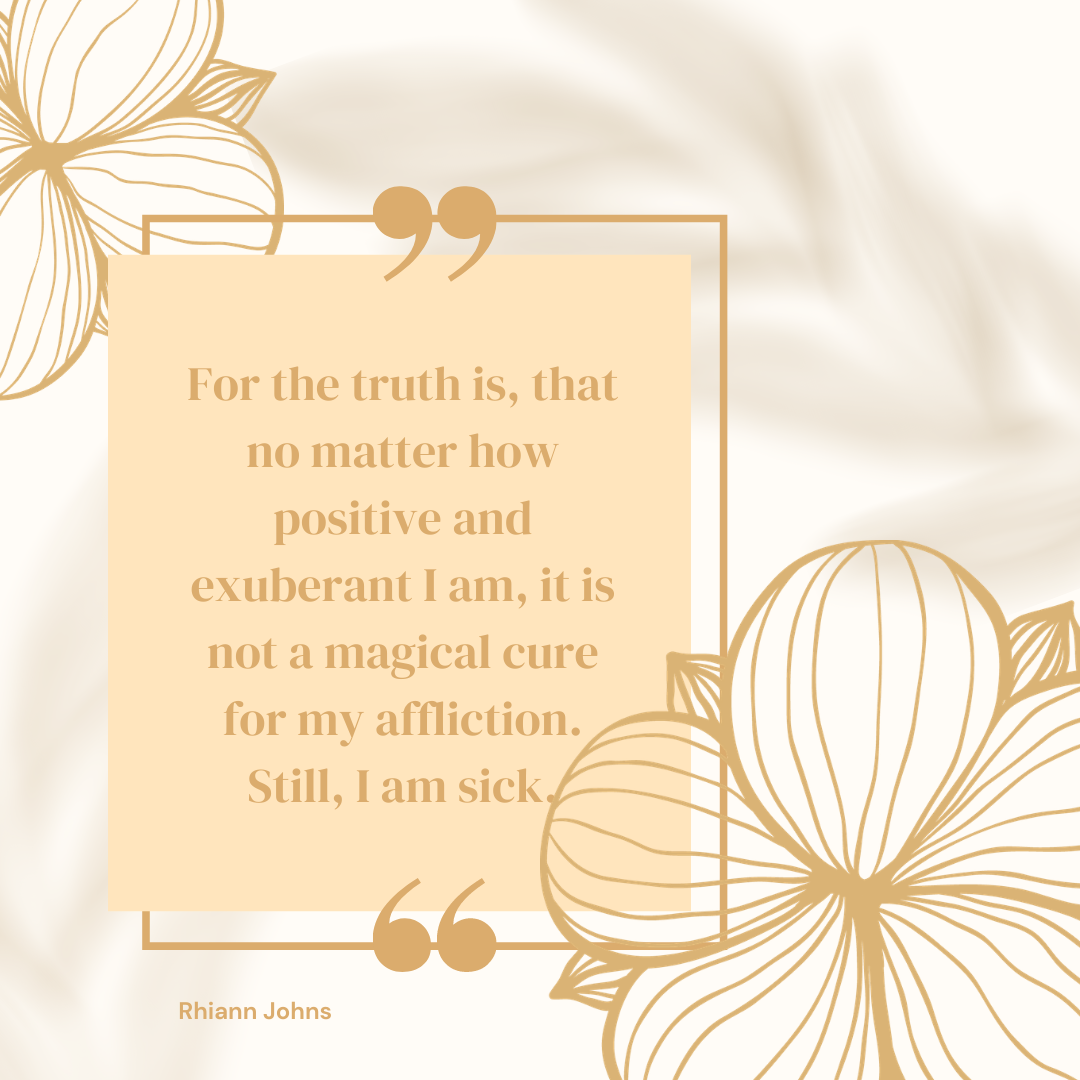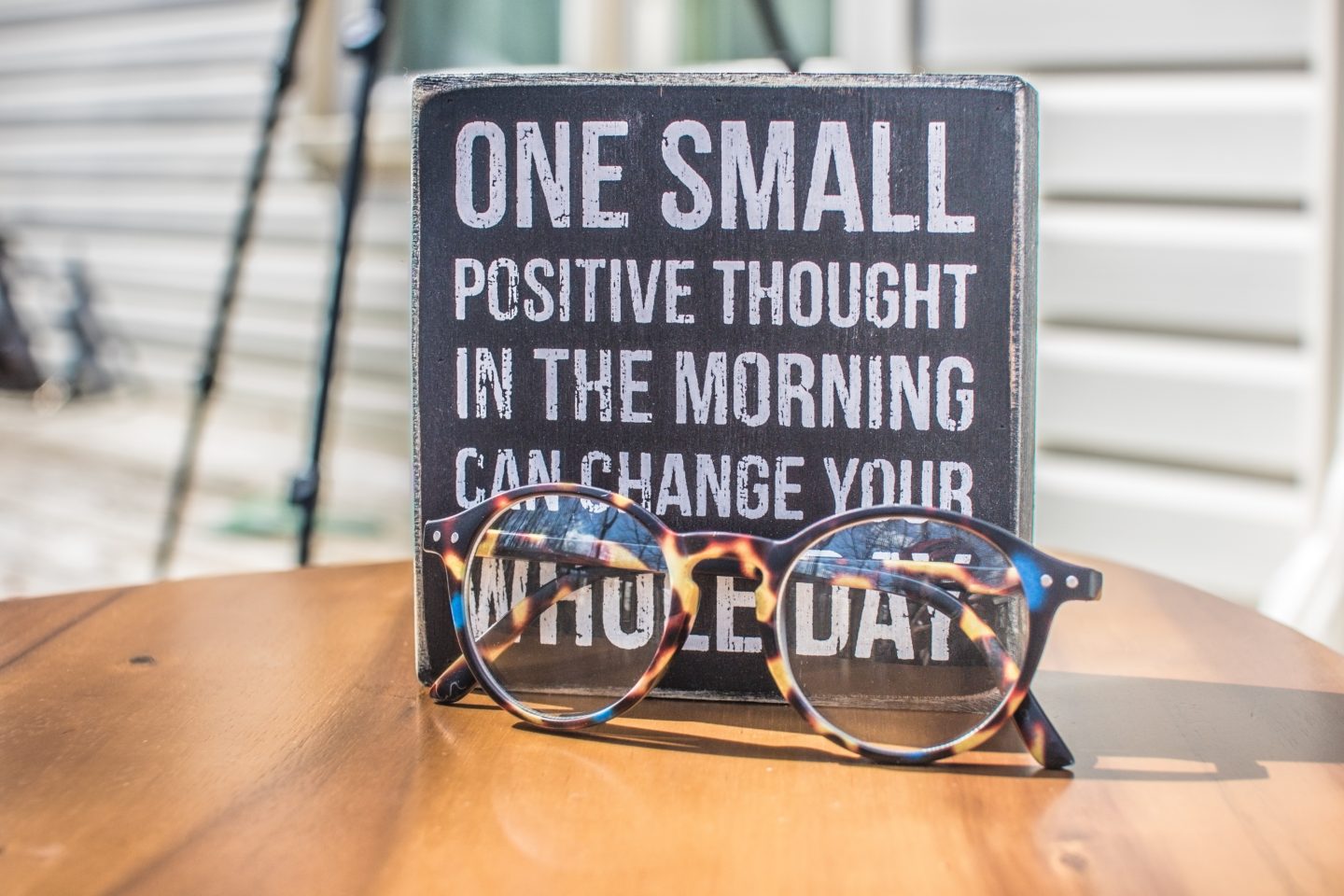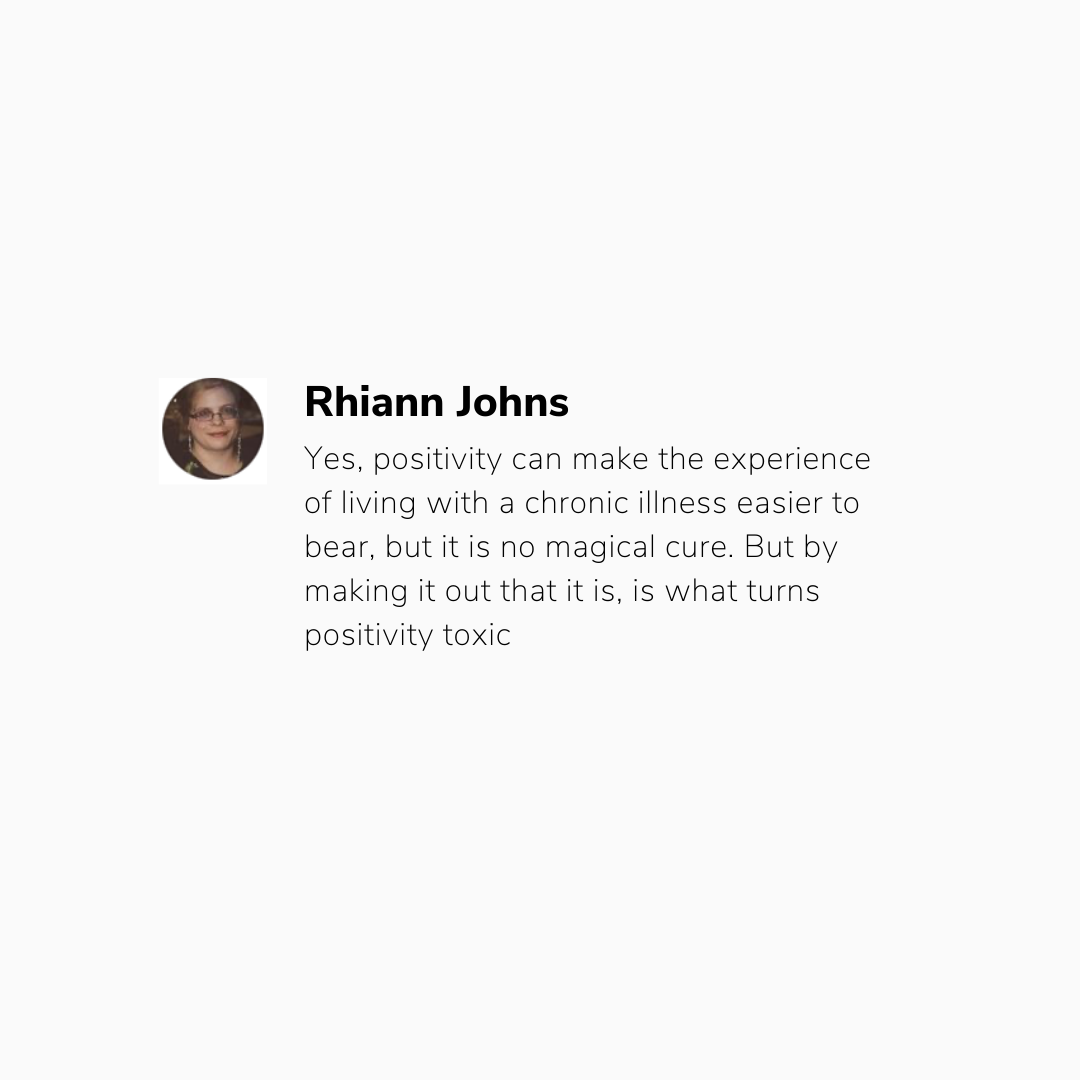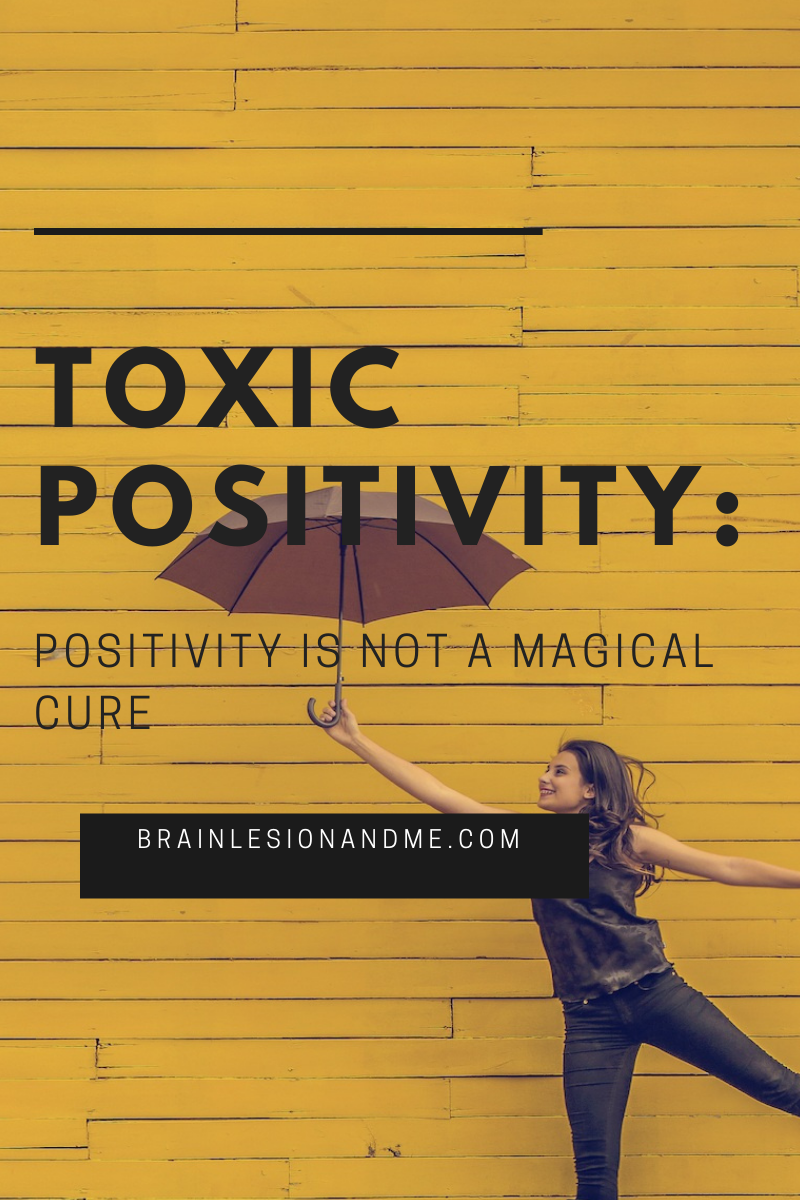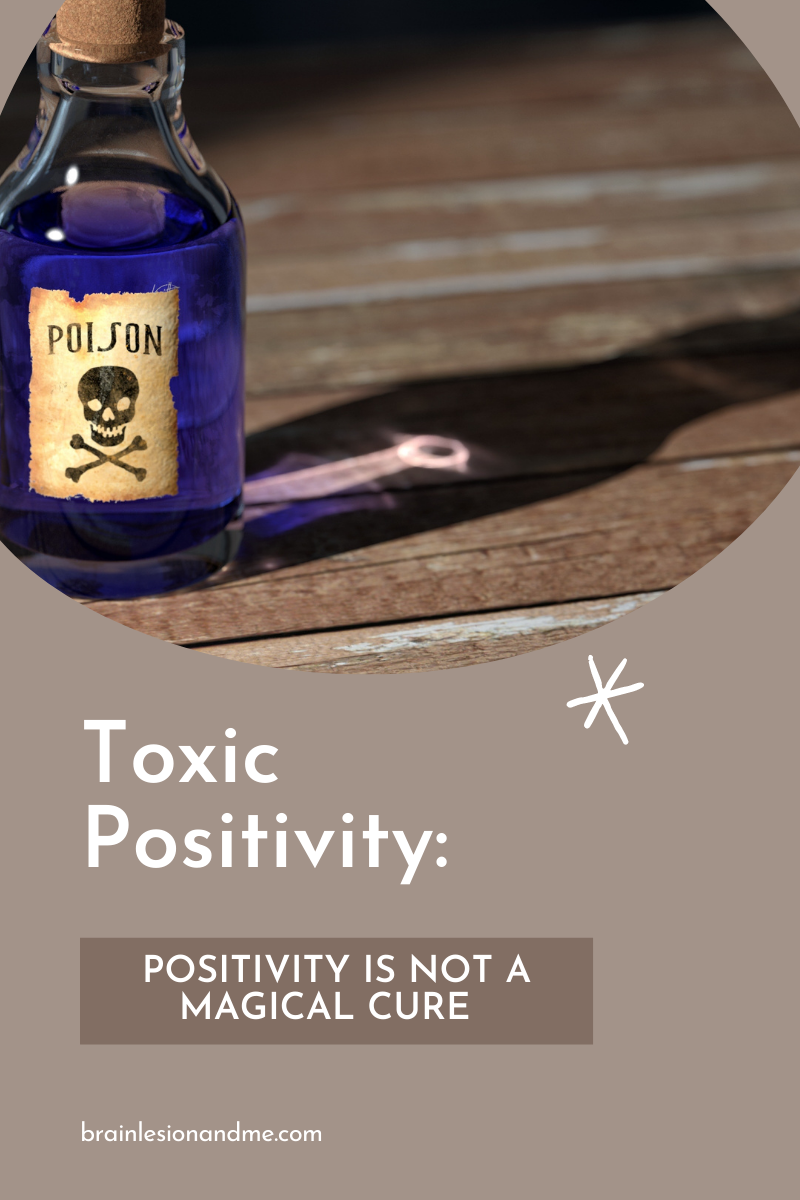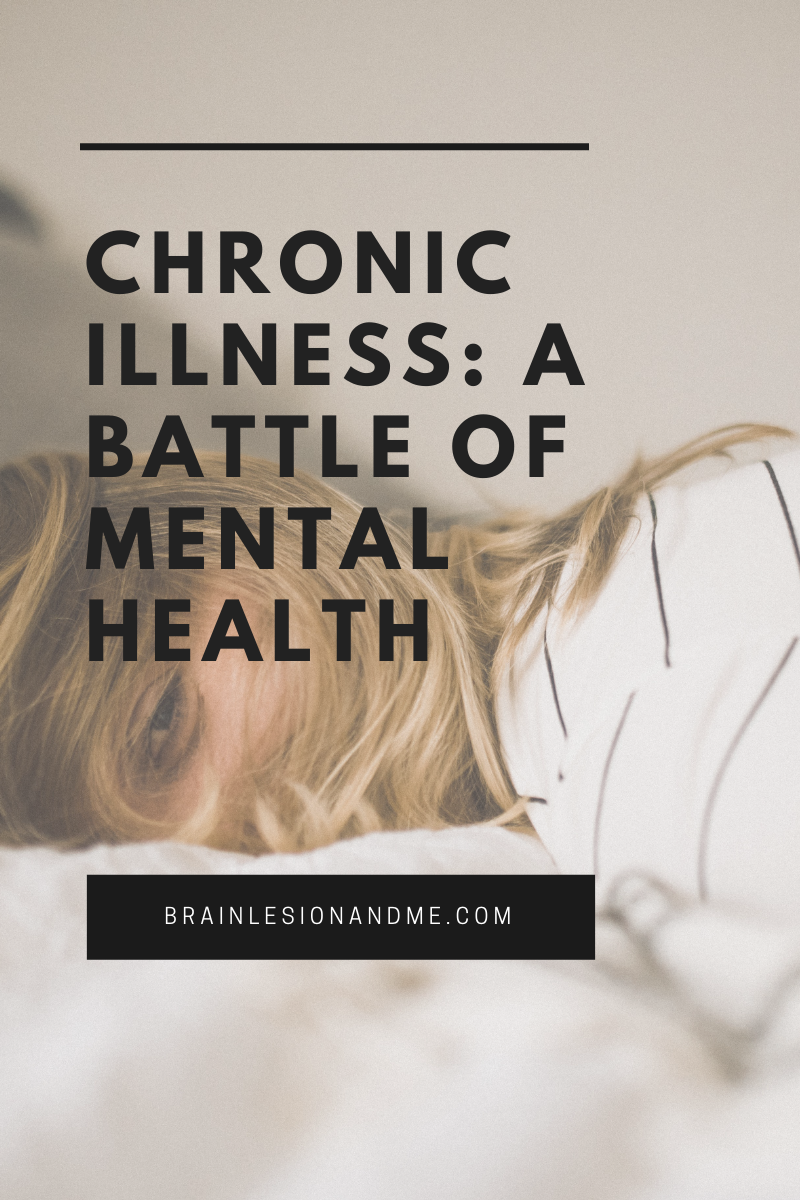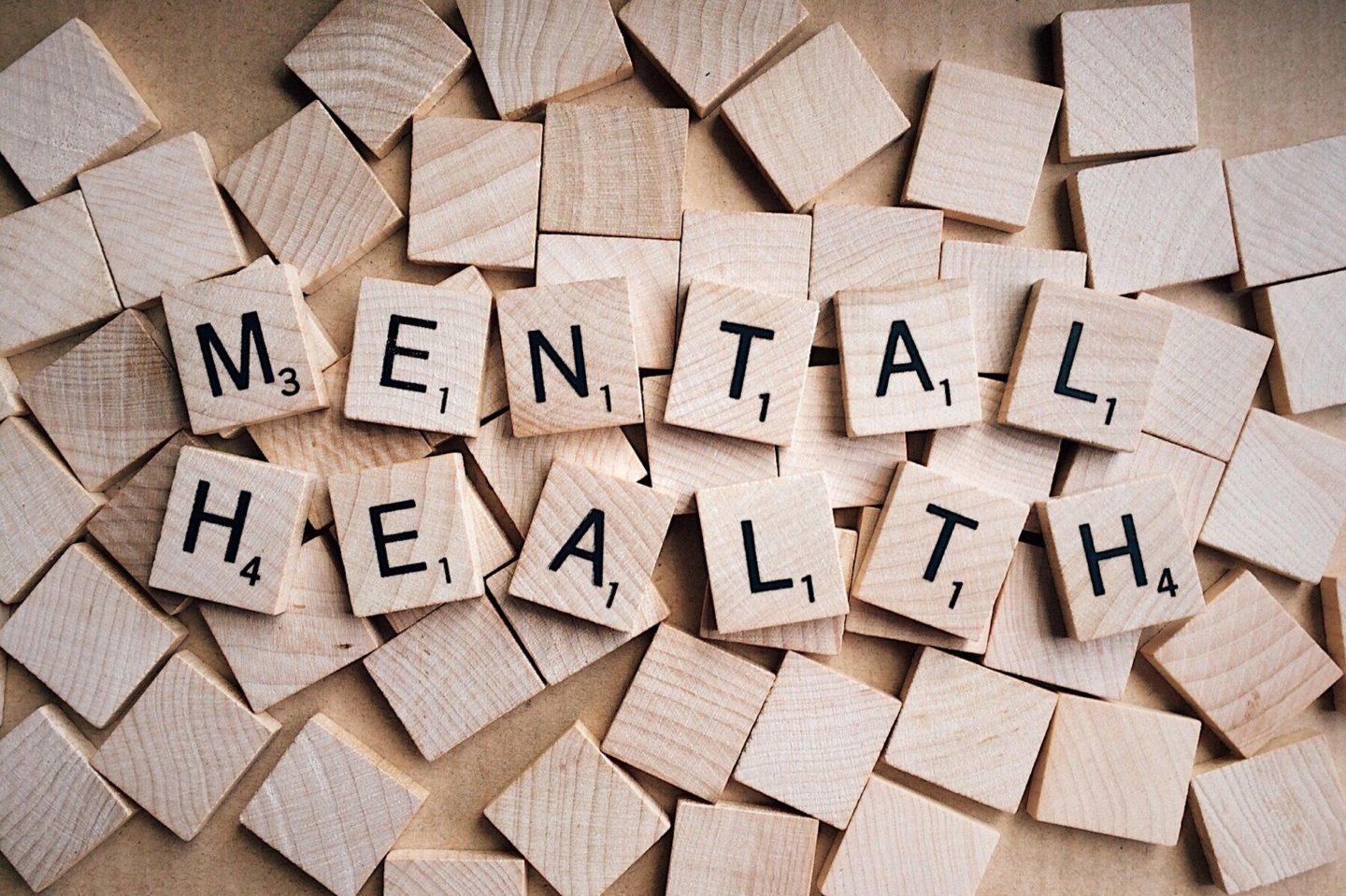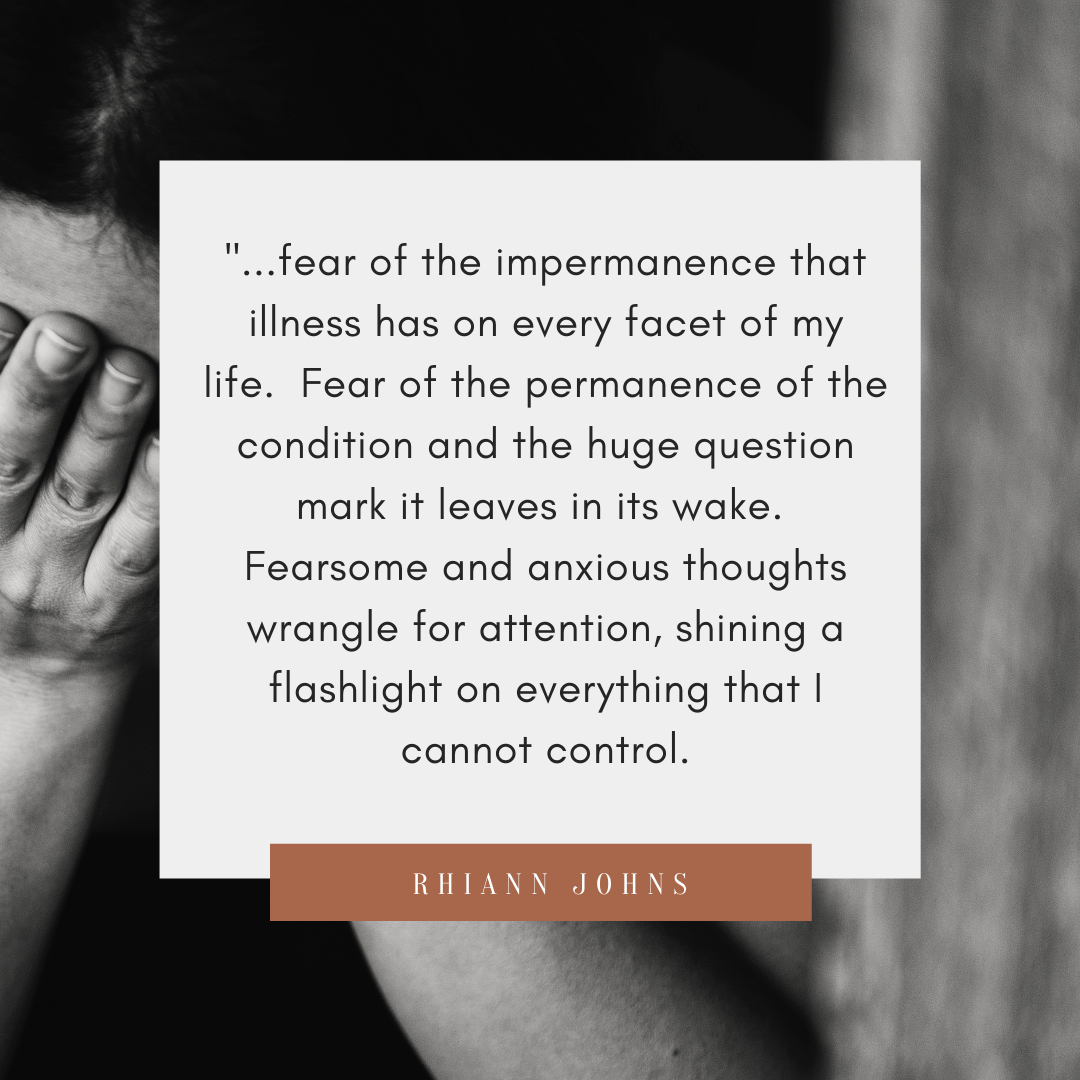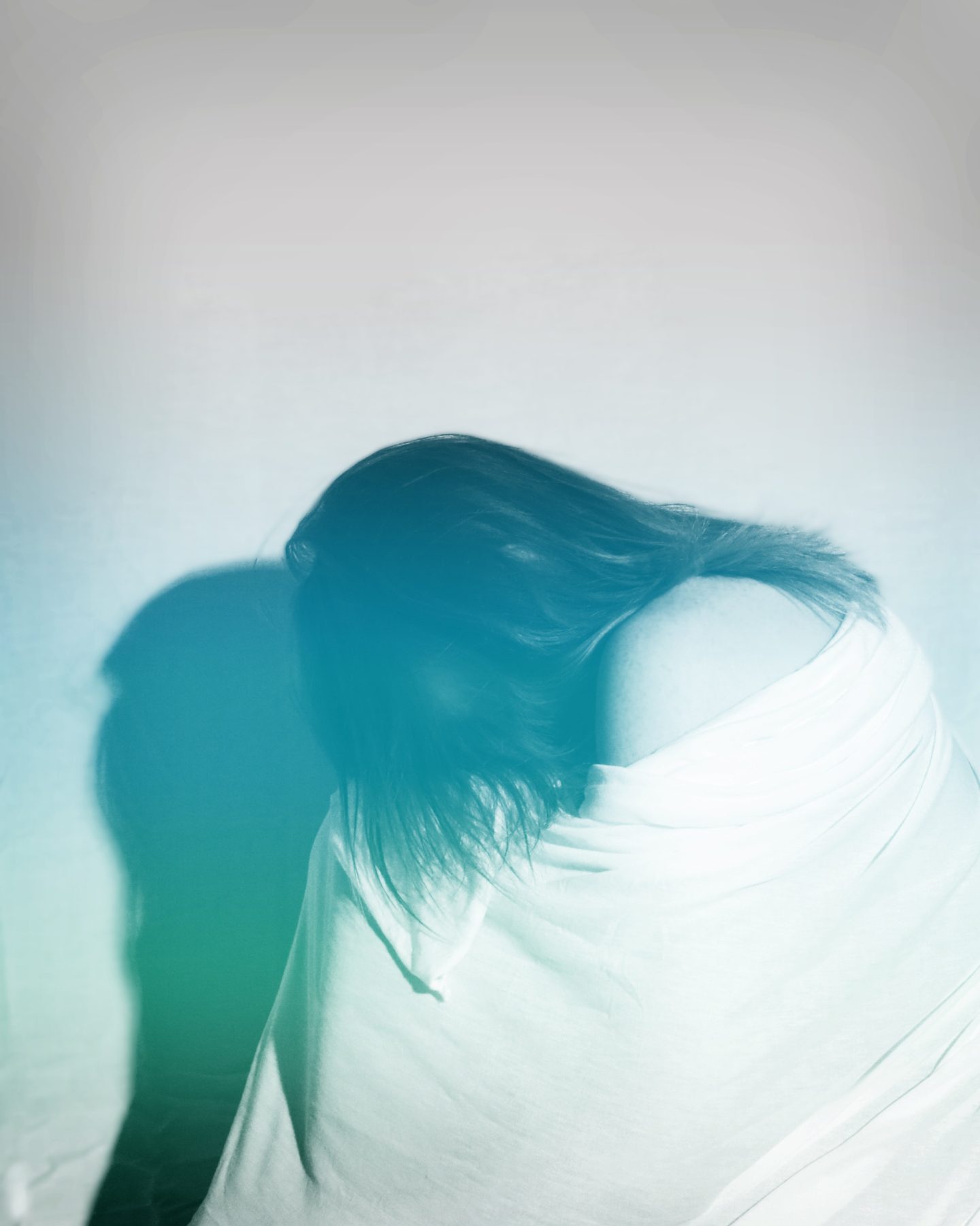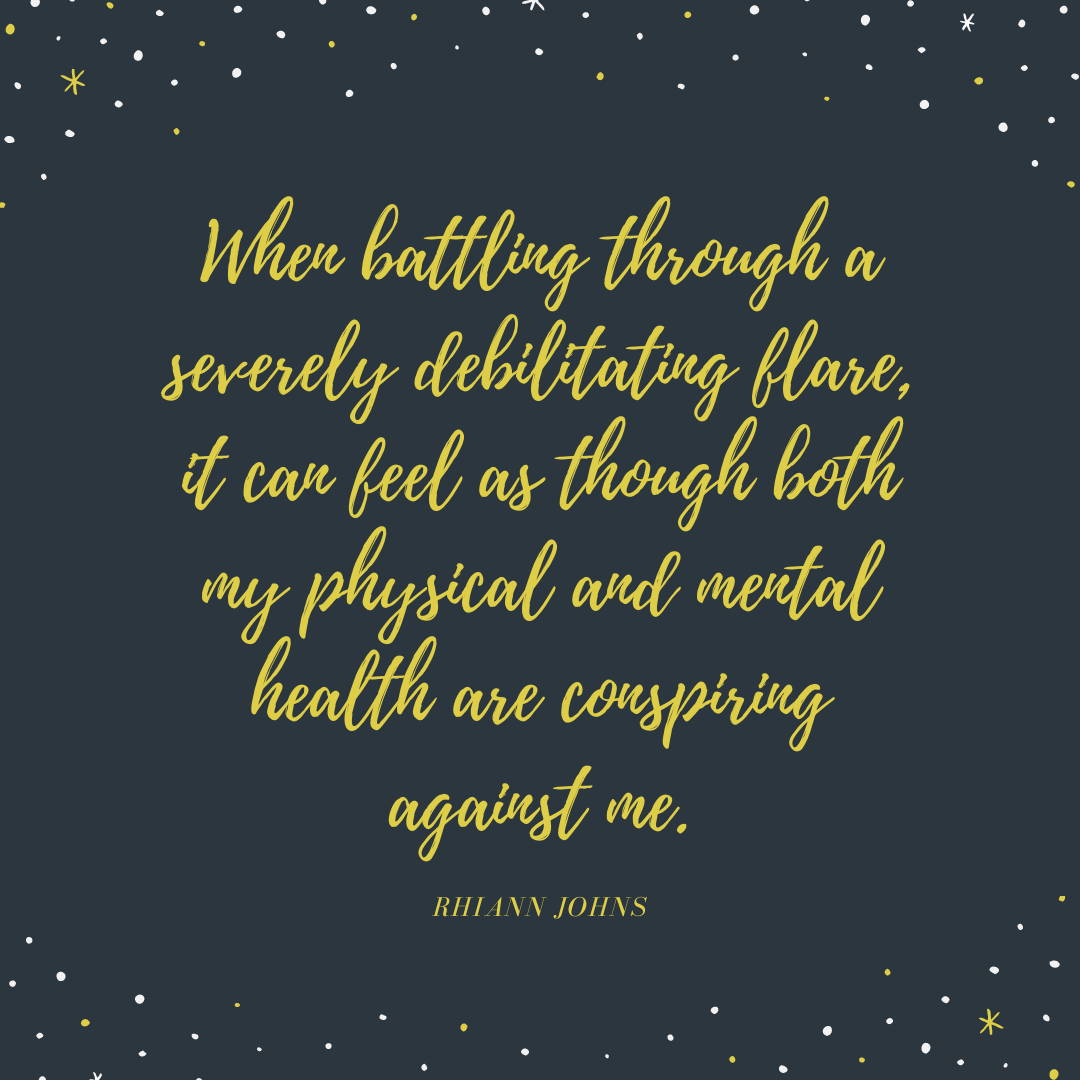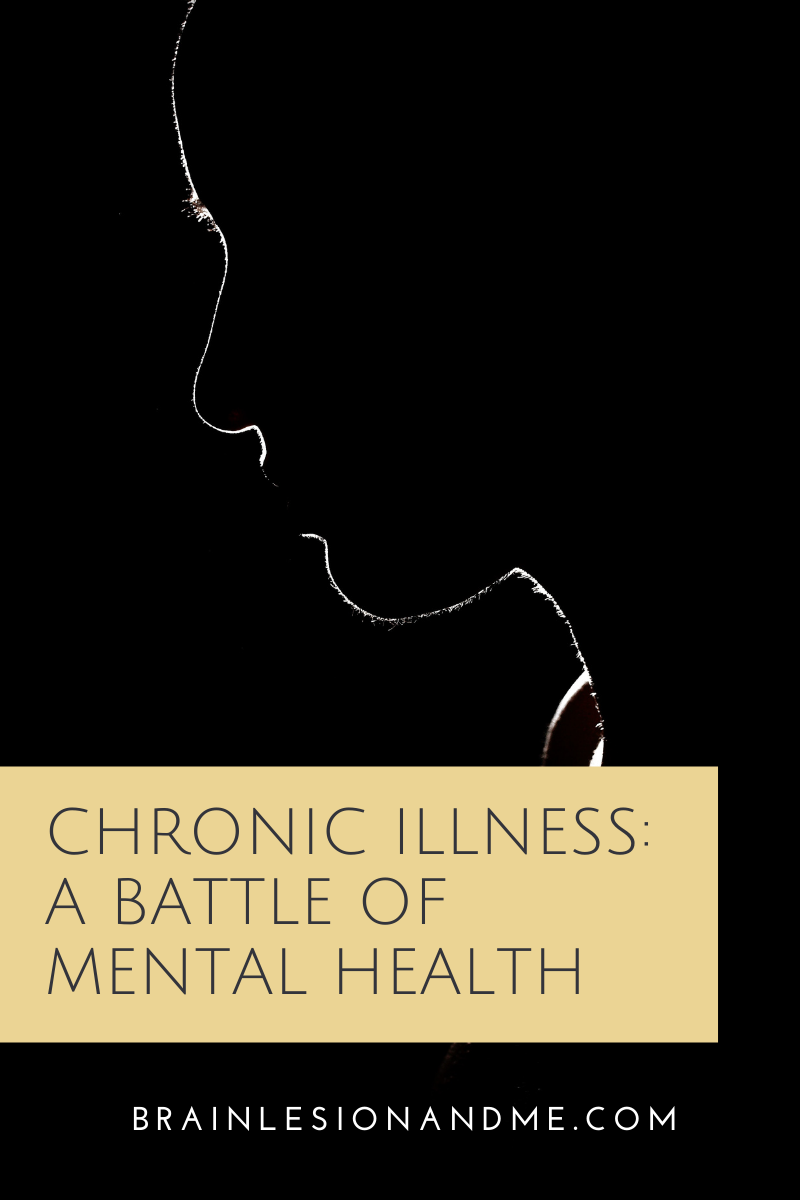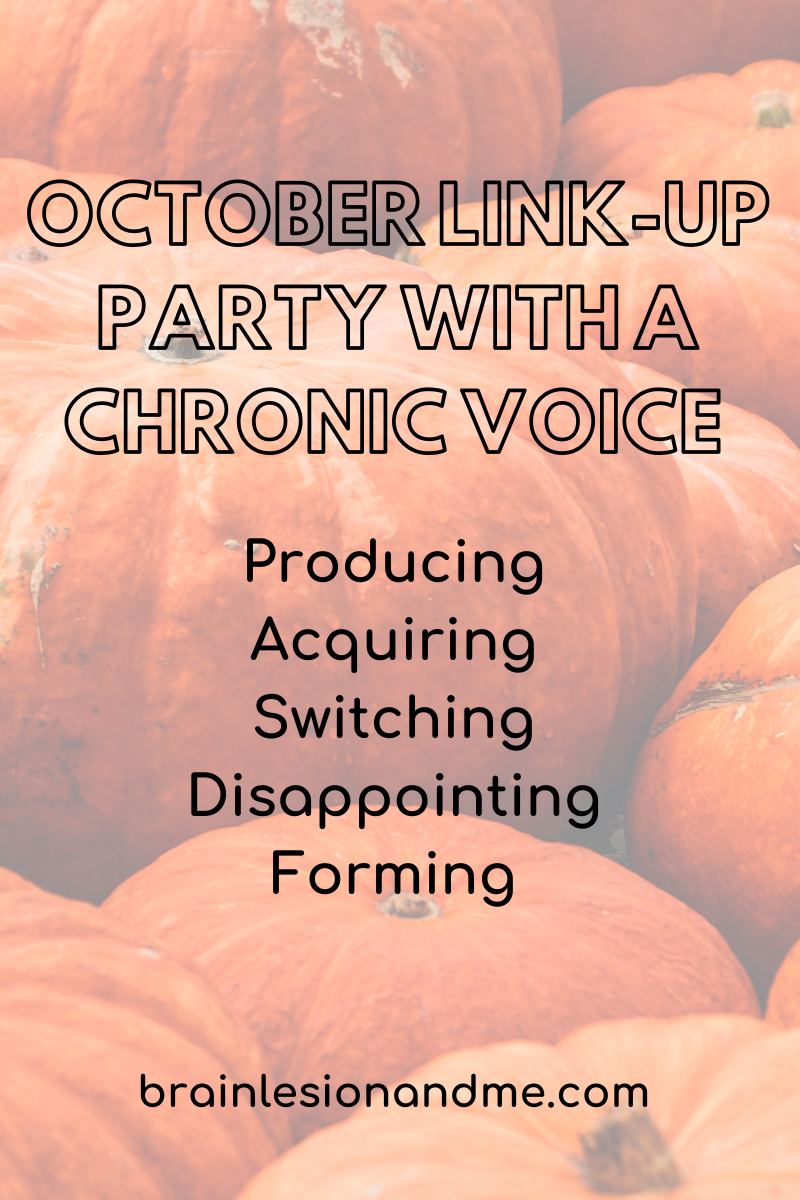Brave. A small but exceptionally awe-inspiring word. It is a word describing people who run toward danger when most would choose to run from it. Brave defines those who choose to defy their fears and anxieties and jump headfirst toward danger or risk. But I’ve noticed that it’s a frequent response to a disclosure of living with a chronic illness. I’ve often heard other people calling me brave when describing my experiences living with FND. Other times, however, I feel the judged stares from people around me as I stumble around with my crutch. But still, I do not welcome praise or feel flattered given the title of brave. Instead, it grates because I feel uncomfortable and undeserving of such a title. I do not feel brave in the face of chronic illness.
"But still, I do not welcome praise or feel flattered given the title of brave. Instead, it grates because I feel uncomfortable and undeserving of such a title. I do not feel brave in the face of chronic illness." Click To Tweet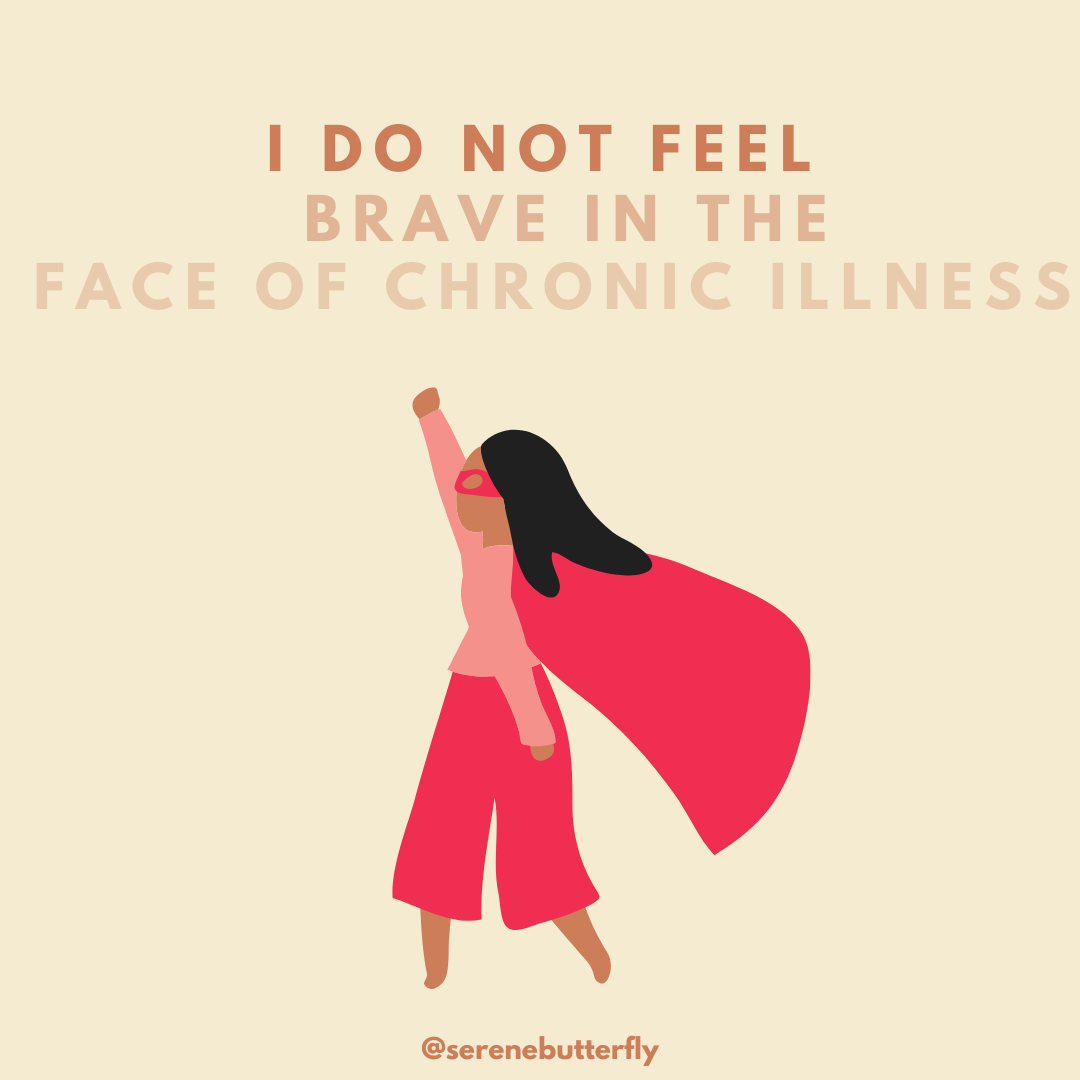
Because for me, being brave is a choice. Being brave is choosing to venture toward danger, facing fears or doing something that would be daunting to most people. But I did not choose to live a chronic illness. I did not want my days defined by severe and debilitating symptoms. I did not want things that most people take for granted to be difficult because of crippling pain or legs that continually buckle and collapse. Nor did I wish for strange neurological symptoms making going anywhere with high ceilings near impossible because of the disabling symptoms it triggers. So how can I be brave for something that I had no control or choice but to endure?
"But I did not choose to live a chronic illness. I did not want my days defined by severe and debilitating symptoms. So how can I be brave for something that I had no control or choice but to endure?" Click To TweetAm I Brave In The Face of Chronic Illness
Unfortunately, it often feels that I am doing what I must to survive this illness and its accompanying baggage. I don’t think I deserve admiration for living with an illness that I did not ask for or want. I have to live with enduring debilitating symptoms because I have to; there is no other choice.
"I don't think I deserve admiration for living with an illness that I did not ask for or want. I have to live with enduring debilitating symptoms because I have to; there is no other choice." Click To Tweet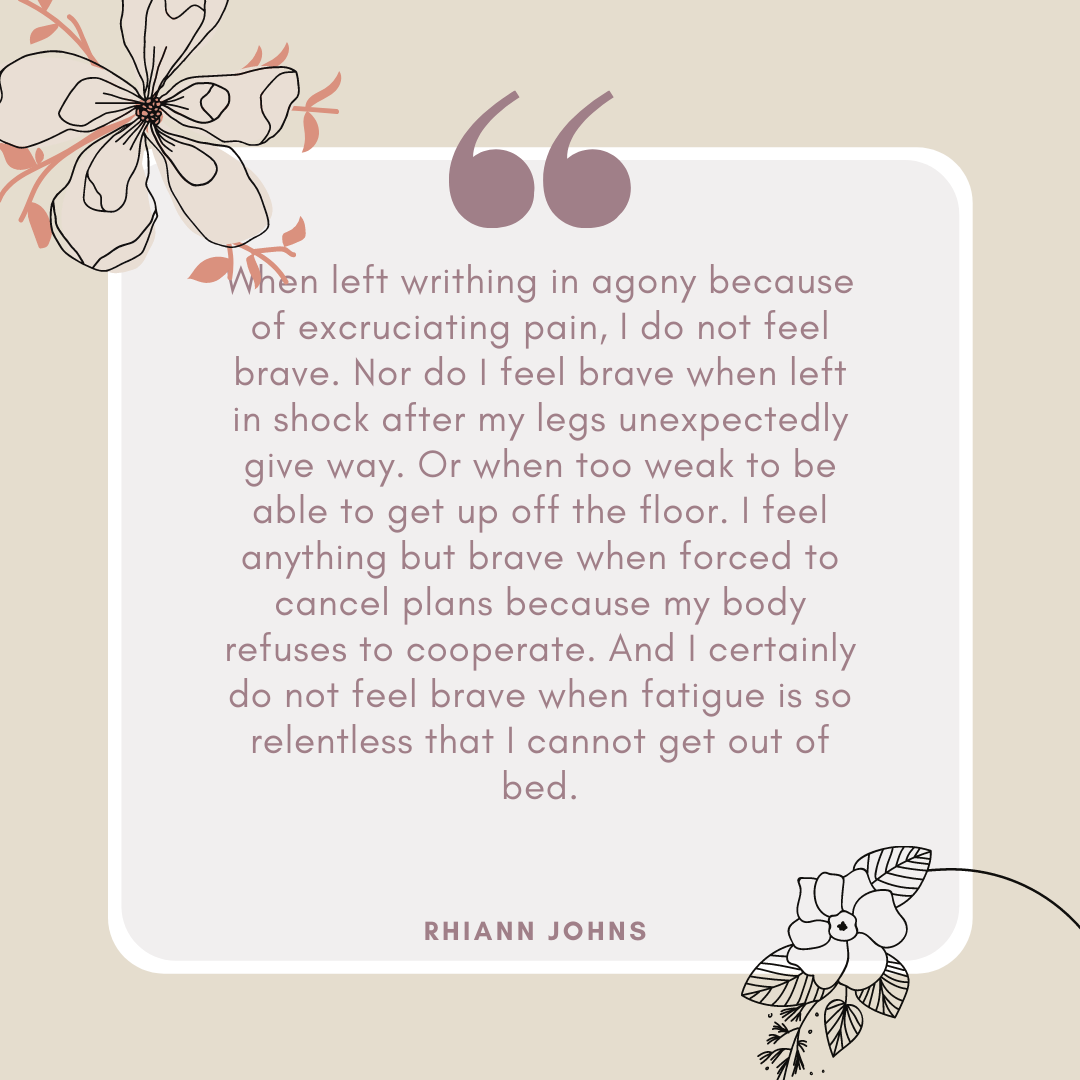
I do not feel brave.
When left writhing in agony because of excruciating pain, I do not feel brave. Nor do I feel brave when left in shock after my legs unexpectedly give way. Or when too weak to be able to get up off the floor. I feel anything but brave when forced to cancel plans because my body refuses to cooperate. And I certainly do not feel brave when fatigue is so relentless that I cannot get out of bed.
"When left writhing in agony because of excruciating pain, I do not feel brave. I feel anything but brave when forced to cancel plans because my body refuses to cooperate. I never feel brave." Click To TweetBut there is an added pressure when others describe sick people, like me, as brave and inspiring. I feel like I have to put up a front, paint on a smile and pretend everything is fine. And also act that I can handle my illness with ease.
Behind Closed Doors, I Am Not Brave
But behind closed doors, I do not handle my illness well. There is a reason why you only see me on good days; because I only let you see me on those rare days. My worst days instead spent behind closed doors. Behind closed doors where no one can see my tears when the pain is more than I can bear. Or unable to venture out because my legs refuse to function, leaving me confined to my bed. The majority of the time, it feels that this illness has taken over my body and life. And it’s these times that are my weakest moments, times when I feel anything but brave.
"There is a reason why you only see me on good days; because I only let you see me on such days. My worst days instead spent behind closed doors. Behind doors where no one can see my tears when the pain is more than I can bear." Click To Tweet
There have been times where I have ‘overcome’ the limitations related to my illness and done that which the symptoms make it very difficult to accomplish. Times where I have pushed through dizziness, visual disturbances and nausea to enter a building with a high ceiling despite triggering severe and disabling symptoms. The times in which I have risen straight back up after suffering a fall. Or times in which I pushed past the pain and fatigue and did that which I previously thought impossible. These instances were perhaps my bravest times, yet still, I don’t feel brave in the face of chronic illness.
I don’t feel brave because these instances remind me that I am not like everyone else. Whenever severe and debilitating symptoms become triggered by being somewhere with a high ceiling is another reminder that I am different. And being different only makes me feel abnormal, a freak. As much as my life and my experiences are different, it still is my life. I’m not brave for just living my life, am I?
"I don't feel brave when conquering disabling symptoms. The presence of them only reminds me that I am not like everyone else. Whenever severe and debilitating symptoms become triggered, it is another reminder that I am different." Click To TweetBravery: The Absence of Fear?
When I think of courage and bravery, I think of the absence of fear. But, unfortunately, my life with chronic illness consists of a great many fears. I often fear the future; the worry that my symptoms will worsen even more is never far from my mind. Even on my rare good days, days in which symptoms are mild, there is always the fear that they will suddenly resurface or worsen. Or the fear that my legs will suddenly collapse is a substantial one because it is such a regular occurrence. So, if courage and bravery is an absence of fear, I cannot be brave, can I?
"When I think of courage and bravery, I think of the absence of fear. But, unfortunately, my life with chronic illness consists of a great many fears. So, if courage and bravery is an absence of fear, I cannot be brave, can I?" Click To Tweet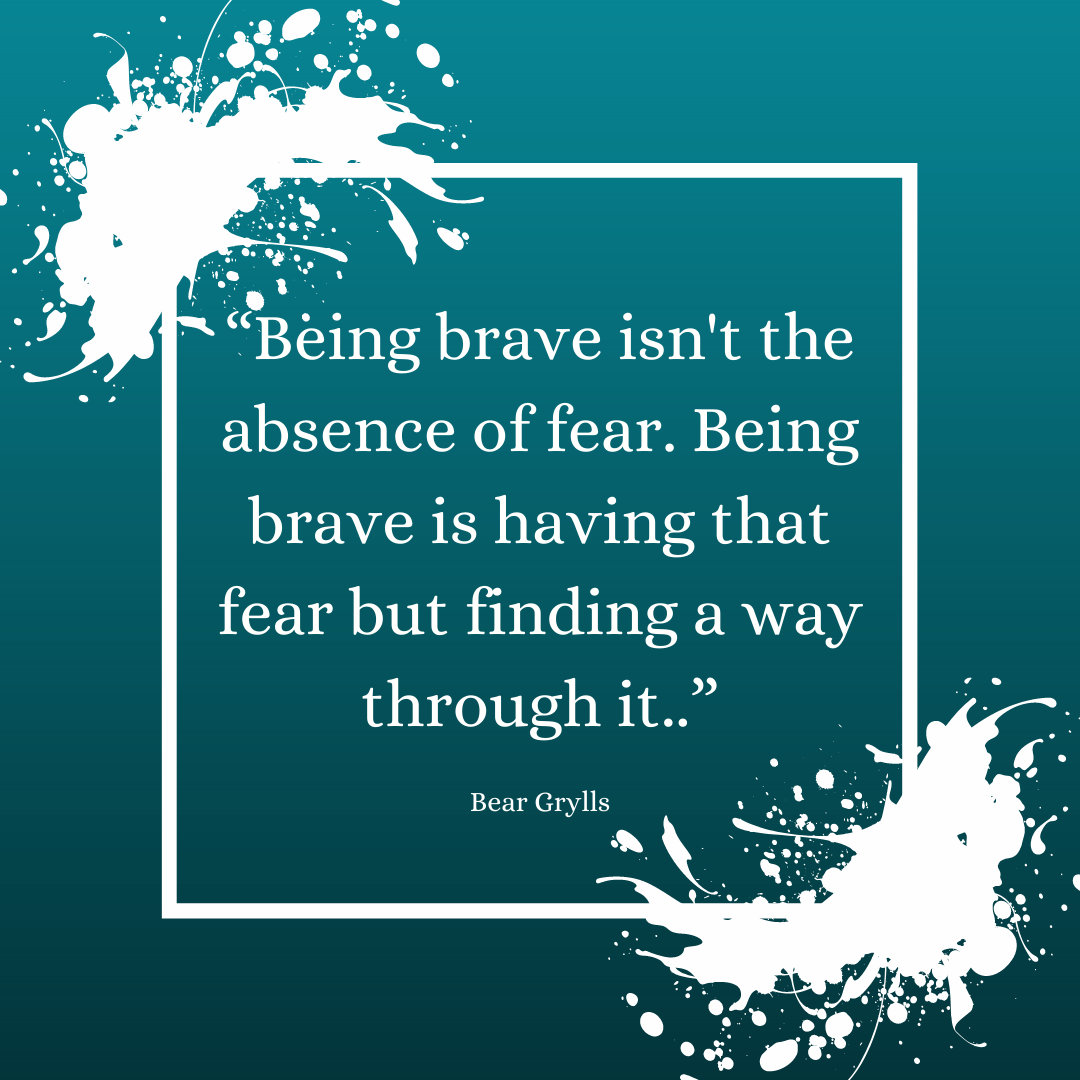
I recently came across a quote from Bear Grylls. In it, he said, “Being brave isn’t the absence of fear. Being brave is having that fear but finding a way through it.” So perhaps, I am brave after all. It is true that despite all my fears I find a way through them to do what scares me anyway. Despite my fear of my legs giving way, still, I go out and do what I enjoy even if my legs do happen to relent. And despite the intense feelings of discomfort I feel due to the severity of my symptoms, still, I stay instead of fleeing and escaping the situation as my head wants me to.
I may feel anything but brave or strong. But others seem to see such qualities in me, so why am I unable to recognise them in myself? But, still, I want others to recognise bravery within me for something I have chosen to do rather than for living my life.
"I may feel anything but brave. But others seem to see it in me, so why am I unable to recognise it in myself? But, still, I want others to recognise bravery for something I have chosen to do rather than for living my life." Click To Tweet